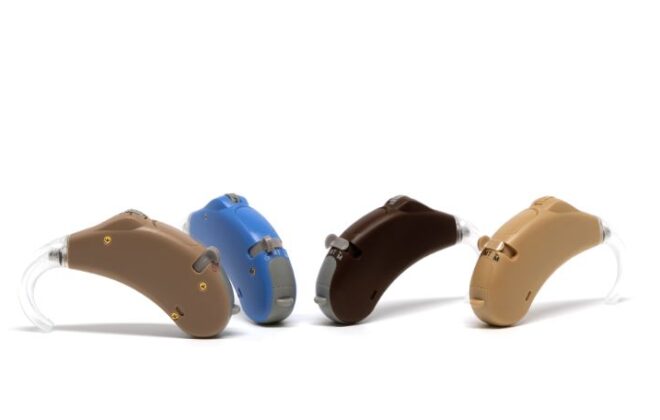What Has Diabetes Got To Do With Hearing Loss?
Have you heard of a diabetic patient being afflicted with hearing loss? Yes, it is absolutely true, as diabetes and hearing impairment have a definite correlation. Experts at the US Center for Disease Control say that if the blood sugar levels in a person are off, it might as well damage the nerves that help the person hear.
The ability to turn food into energy goes for a toss if a person has diabetes. This means that the person’s body is not efficient at creating insulin, resulting in too much sugar remaining in the bloodstream. When this condition develops, the alternative in allopathy is just to manage it with the help of medication and lifestyle changes.
The researchers at CDC also say that diabetes might as well cause nerve damage throughout the body and the impact on the ear is no exception. In the case of high blood sugar levels in a patient, the small blood vessels in the inner ear can get damaged. Similarly, when a person’s low blood sugar (hypoglycaemia), this condition can also impact the nerve signals travelling from the inner ear to the brain. Apparently, in both of these cases mentioned above, chances are high that it might lead to hearing loss.
Extensive research by the CDC has revealed that hearing loss is common among diabetic patients.
Treatment
Hearing loss associated with diabetes is known as sensorineural hearing loss (SNHL). This type of hearing loss happens in a diabetic patient due to damage to the inner ear or the nerves between the inner ear and the brain. There are a slew of options. Let’s see what these treatment methodologies are.
Digital Hearing Aids
This is an electronic device fitted into the ear. This device helps increase the volume of any sounds entering the ear.
Cochlear Implants
This also is a hearing device that sits under the inner ear’s skin.
Auditory Brainstem Implants
This device is ideal for those whose hearing nerve does not function effectively, resulting in hearing loss. This is a surgical procedure which has to be done by an ENT surgeon.
Lip Reading or Sign Language
If a diabetic patient has severe hearing loss, devices will be of great use. In turn, the patient can learn sign language or lip reading to communicate with others. Suppose the hearing loss is because of the nerve damage caused by diabetes. In that case, you need to monitor the blood sugar levels closely, in addition to making drastic lifestyle changes that include maintaining a balanced diet and regular exercise.
Prevention
One way to protect hearing and prevent damage to the inner ear and hearing nerves is by keeping the blood sugar levels within the permissible healthy ranges. To control blood sugar levels, these suggestions can be helpful:
- Monitor blood glucose levels regularly.
- Chart out a diabetes meal plan from the in-house dietician of your diabetologist and follow it judiciously. Typically, the dietician will list a diet plan that includes a range of fruits, vegetables, lean protein, whole grains, fish and legumes.
- Drinking plenty of water is recommended, and you must avoid sugar beverages.
- Avoid foods with high calories, trans fats, saturated fats, added sugars and salt.
- Regular exercise is a must. Half an hour brisk walking a day will do a world of good.
- Also, maintaining a moderate body weight too helps.
- If you are a smoker, kicking the habit will reduce further complications.
- Regular intake of medicines prescribed by the diabetologist is mandatory.
- Also, learning how to measure and control blood pressure and cholesterol levels is ideal for tracking your health.




